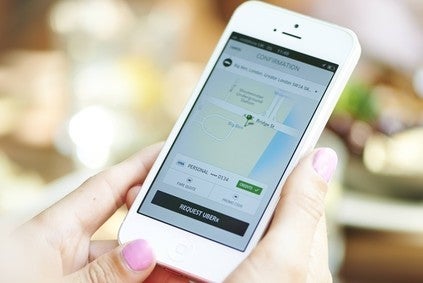
Car sharing continues to rise rapidly across the world with new business models allied to personal connectivity leading to the exploitation of new opportunities, according to analysts from Frost & Sullivan.
F&S Senior Partner Sarwant Singh told delegates at an ‘Intelligent Mobility’ conference in London that car sharing is now taking a number of forms. “New business models are coming to market rapidly,” he said. “There are traditional car sharing models such as daily rental, now supplemented by rental by the hour, as well as ride and share and a rising corporate element. And our growing mobile connectivity means that these new transport services are increasingly about being fully connected for integrated door-to-door mobility. The smartphone or tablet is a very powerful technology enabler at the centre of the forces that are changing transportation and the way we access it – and this is happening all over the world, though with different local market characteristics and business conditions.”

Discover B2B Marketing That Performs
Combine business intelligence and editorial excellence to reach engaged professionals across 36 leading media platforms.
Singh also maintains that traditional players in the transport space need to re-evaluate their position in an increasingly dynamic transportation space. “Automotive OEMs, for example, may want to consider themselves as mobility service providers, not simply manufacturing companies,” he said.
F&S analyst Martyn Briggs also described a rapidly developing mobility landscape which is seeing the emergence of new players, partnerships and business models. “In both B2C and B2B environments customers are demanding intuitive services,” he said. “And many new actors are investing significantly in order to deliver the ‘killer’ seamless proposition and user experience.”
Briggs told delegates that the “true disruptive forces” in mobility are taking place via new platforms linking supply and demand, to create new marketplaces. “Customers now expect mobility services on demand,” he said. “Tech-enabled mobility services are growing rapidly in an ‘asset light’ scenario, with market match platforms able to reduce spare capacity and improve the user experience. Customers now expect on-demand solutions and are increasingly happy to use shared services.”
Sarwant Singh also pointed out that Uber is a good example of a new player able to achieve a rapid rise to prominence by effectively exploiting gaps in the market that can be met via mobile connectivity platforms. “But there are many other e-hailing taxi companies around the world. Within three years e-hailing taxis are forecast to control close to 20% of the global taxi market. And Uber will be looking at urban delivery next,” he said. “It sees another opportunity as a logistics company able to deliver parcels or offer a courier service at lower cost than established players who run large centralised fleets.”






